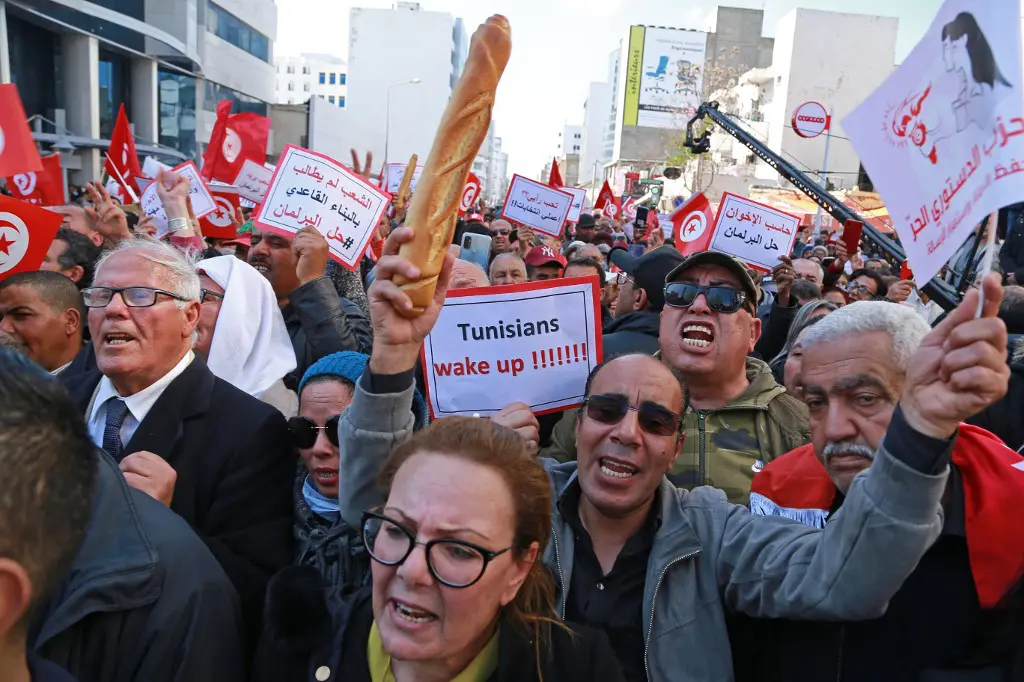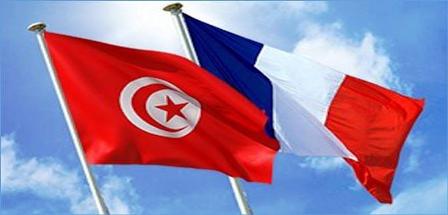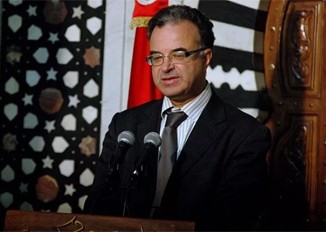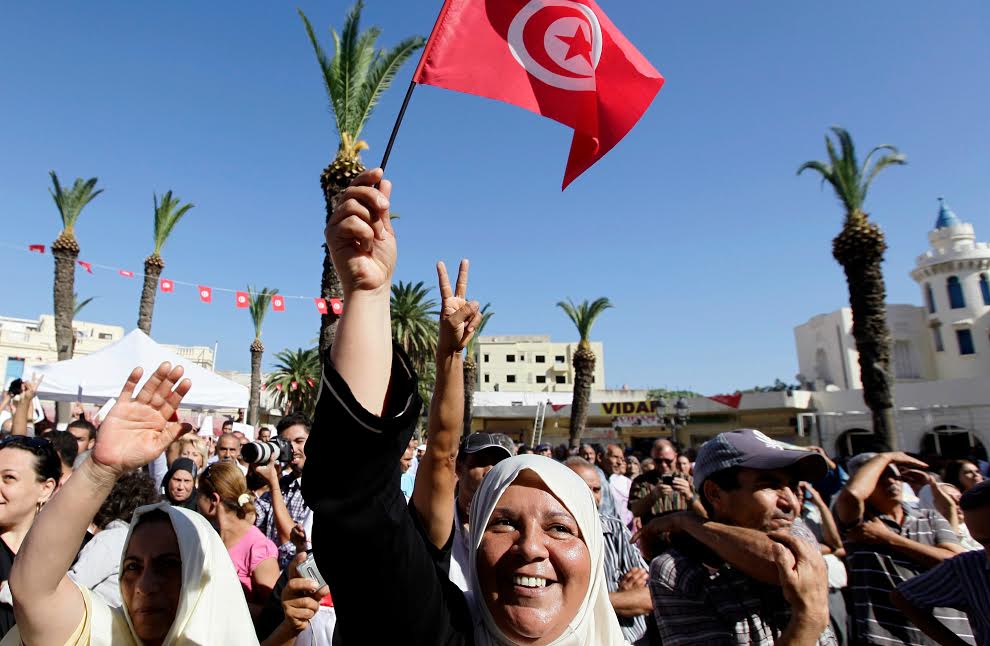Few Tunisians are expected to cast ballots in the second round of a vote for a parliament that has been stripped out of its powers as part of a power grab by President Kais Said in a context where the Tunisian economy is on the verge of collapse.
The second round is taking place on January 29.
The first round was an electoral debacle with only 11% casting ballots to replace a legislature disbanded in 2021 by Kais Saied.
Saied’s crackdown on dissidents and his increasingly authoritarian rule drew condemnation from Western powers including the US and France.
The vote takes place as Tunisians struggle with double digit inflation, added to soaring unemployment and an erosion of macro-economic indicators.
Economic crisis
Inflation, which rose to 10% in 2022, is exacerbated by shortages of basic goods leading to long queues for fuel, sugar, rice, cooking oil, butter, semolina, bottled water and even coffee.
A rise in cattle feed has propelled a drop in milk production estimated at 35%, according to Tunisian farmers association.
A much-needed IMF loan of $1.9 billion is still stalling amid opposition from powerful labor unions to the reform conditionality.
“Tunisia will witness a very difficult year if a final agreement with the IMF is not quickly reached,” Central Bank governor said.
Major foreign investors are packing their bags from the country due to the lack of visibility over its economic prospects.
Royal Dutch Shell, which operates two gas fields that accounted for 40% of Tunisia’s domestic production, announced in November it will exit Tunisia.
Morgan Stanley’s ranked Tunisia, along with Ukraine and El Salvador, in the top three list of likely defaulters.



